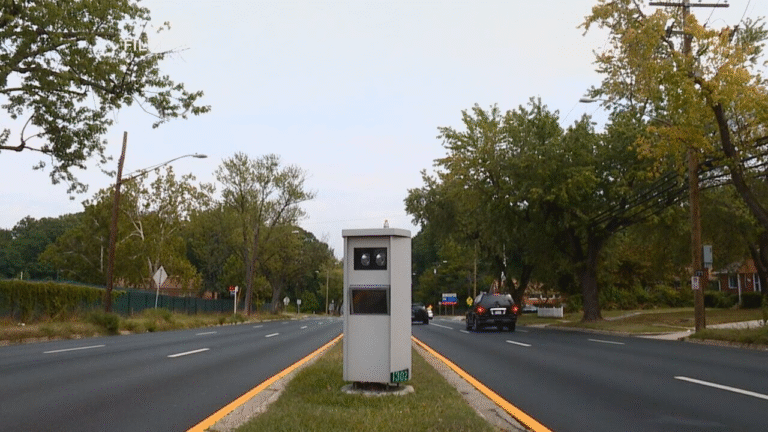New North Carolina Laws Take Effect July 1 — Insurance, Vacation Rentals, and More Impacted
RALEIGH, NC — On Monday, July 1, a slate of new laws will go into effect across North Carolina, reshaping rules for insurance policies, employee protections, vacation rentals, and even ride-share services. Here’s a breakdown of what residents and businesses should expect from these new regulations.
Auto Insurance Requirements Increasing
Starting July 1, North Carolina’s minimum auto insurance coverage limits will rise significantly. Under the new law, bodily injury liability coverage must increase from $30,000 per person to $50,000, and from $60,000 per accident to $100,000. Property damage coverage will also double — going from $25,000 to $50,000.
In addition, underinsured motorist coverage will become mandatory on all new or renewed policies.
The North Carolina Department of Insurance has published more detailed guidance on how these auto insurance changes will be phased in.
New Rules for Inexperienced Drivers
Another auto-related change will affect newly licensed drivers. The surcharge period for “inexperienced operators” — those with fewer than three years of driving history — will now extend to eight years. This will impact premium rates for anyone licensed on or after July 1.
Human Trafficking Awareness Training Now Required for Rentals
House Bill 973 mandates that all vacation rental managers implement new human trafficking awareness protocols. This includes:
-
Creating reporting procedures for suspected trafficking
-
Training for property managers, employees, and contractors involved in listing or maintaining rentals
-
Ensuring all parties complete initial training before a listing goes live
Those involved in vacation rentals must now complete training within 60 days of starting and renew it every two years. The North Carolina Real Estate Commission outlines training requirements here.
Workplace Freedom Act Targets Noncompete Agreements
North Carolina is also making changes to employee contract law. House Bill 269, the “Workforce Freedom and Protection Act,” prohibits employers from enforcing noncompete or non-poaching clauses on workers earning less than $75,000 per year.
This means employers cannot prevent workers from taking similar jobs elsewhere — regardless of geographic area, timeframe, or activity — if the salary threshold is not met.
The legislation is part of a larger trend toward expanding worker mobility and job access in the state.
New Ride-Share and Taxi Taxes Take Effect
If you’re using Uber, Lyft, or taxis in North Carolina starting July 1, expect to see a new transportation commerce tax on your fare:
-
1.5% tax for “Exclusive-Ride” services (e.g., private Uber rides)
-
1% tax for shared rides
The tax applies as soon as a rider enters a vehicle, regardless of trip completion. Details on how this tax will be applied can be found on the North Carolina Department of Revenue’s website.
Which of these new laws will affect your daily life the most?
Drop your thoughts in the comments — and stay updated on all policy changes and public service news at SaludaStandard-Sentinel.com.







